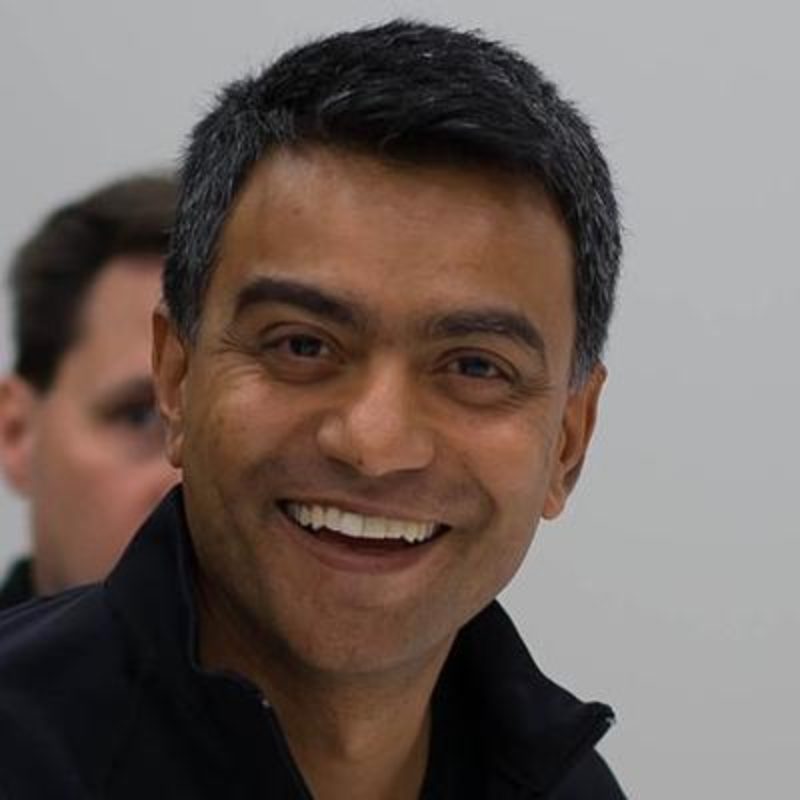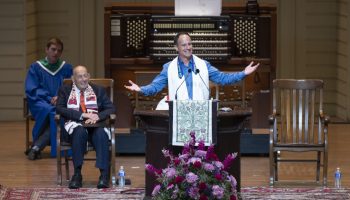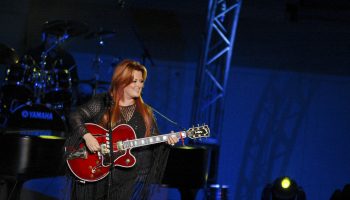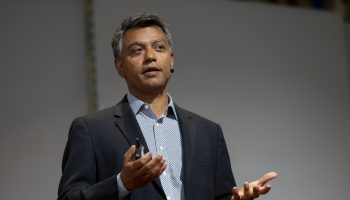MAX ZAMBRANO – STAFF WRITER

Social media, as we know it, is a bit of an illusion, said Director of the Center for Constructive Communication at MIT Deb Roy.
“Social media has created this illusion that now that we have direct access, and we can listen and see others directly; we don’t need to rely on the media,” he said.
He argues we don’t have as much direct access to others as it would appear because of the filters and algorithms of social platforms, especially Twitter and Facebook. At 10:30 a.m. Thursday, July 15 in the Amphitheater, Roy will discuss this idea and offer alternatives to the current state of social media as a part of Week Three’s Chautauqua Lecture Series, themed “Trust, Society and Democracy.”
With the Center for Constructive Communication, Roy is focused on understanding the interplay of people and how they communicate through technology.
On the research front, Roy said his team is interested in analyzing and understanding patterns of communication, then translating some of those insights into new technologies. Outside of the laboratory, they work with partners who try to build constructive communication.
In defining constructive communication, Roy actually focused on the current state of what he terms “destructive communication.”
“There’s a growing recognition that many people feel that if you look across the different options for engaging in civic and public life, there’s an awful lot of shouting going on, where the most extreme perspective and points of view tend to get the most amplification and spread,” he said. Moreover, he said this is playing out more in mainstream media in addition to sites like Twitter and Facebook. These extremist views garner reactive responses and divisiveness that take away from other conversations, he said. Roy wants to create a space where people can have conversations about things that matter in their day-to-day lives. This notion, he said, is essential for a functioning democracy that relies on resolving disagreements through peaceful debate.
“If you don’t have the ability to see the humanity in others, then our ability to have social trust that is the foundation of democracy — which is you don’t always get your own way and there’s sometimes a need for a different side or group to have its way — can break down,” he said. “If we find ourselves no longer following the rules, so to speak, that basic social trust breaks down.”
Roy’s lecture will focus on fragmentation occurring in politics, on the streets and within households. He will then critique social media, and give a case study of an alternative method he and his team have developed. He described the illusion social media creates as one where people feel more connected, when in actuality the social media platforms’ filters and algorithms distort the messages users receive and don’t receive.
“Back to the extremists, if you say very provocative and enraging things, you’re just algorithmically more likely to get your content picked up and shared,” he said. “We’re not actually seeing and hearing each other in an unfiltered way — there’s very distorting filters in between.”
Roy does not want to rid society of online social platforms, nor does he expect an overnight shift. He recognizes there are positives to social media, but said he wants to reach a point where it can be more targeted so people want to engage and participate more for the benefit of democracy. Vice President and Emily and Richard Smucker Chair for Education Matt Ewalt said Roy’s lecture would be a chance to understand answers to complicated questions.
“I’m excited for (Roy) to help us gain understanding in how the very tools that have aided in fracturing societies and reinforcing political divisions can potentially be used to rebuild trust and strengthen democracy,” he said.




